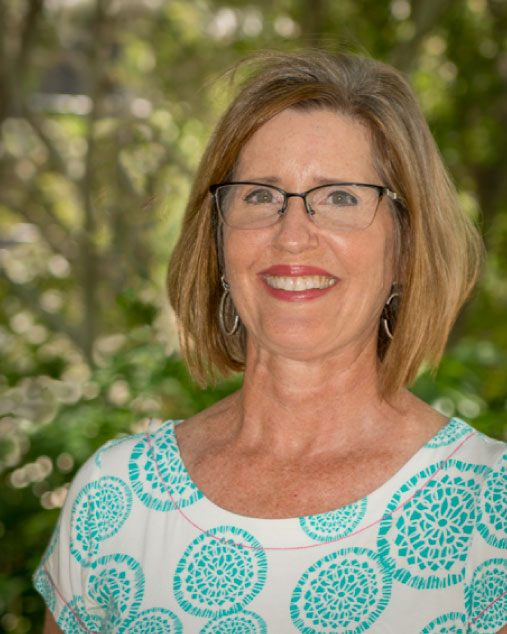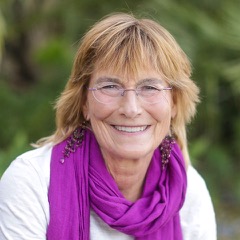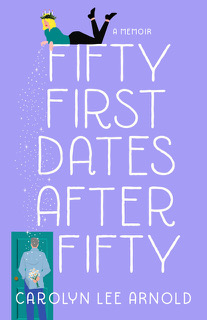Interview with Carolyn Arnold

Julie McGue
Author

Carolyn Lee Arnold
Author

Held each October since its inception in 2003, National Book Month focuses on the importance of reading, writing and literature. During this time, the country’s best books and authors are honored mid-month when the National Book Awards announces its finalists. You can view the full list of nominees here.
In honor of National Book Month, I caught up with debut author,
Carolyn Lee Arnold
to learn about her memoir, Fifty First Dates After Fifty which releases on November 2nd.
1. What made you want to write down your experiences and share them with the world?
In my late 50s, I set a goal of dating 50 men in order to find the right partner for me. As I proceeded through my “Fifty First Dates Project,” I noticed that while I was thoroughly enjoying dating, many women my age were feeling discouraged by their dating experiences. So I wanted to offer my approach and experiences as models and inspirations for other women. Also, I found that right partner, so I wanted to offer hope to older women that they could find their mate in later years.
2. How did setting a goal of 50 dates make dating more enjoyable?
Setting a goal of 50 dates and framing my dating as a research project gave me forward momentum and objectivity that took the weight off each date to be “the one.” Knowing that I could move on to the next date helped me evaluate each date based on how I felt about myself, how I felt about the man, and how I felt about our interactions. I could enjoy the man I was with without so much pressure. If we didn’t seem like a match, either from his or my perspective, it was not a big tragedy—just more information on the way to finding the right partner. And I could look forward to the next date.
3. You went on a lot of different dates. What was your most painful dating experience?
I dated a small business owner who said he wasn’t in a financial position to date and that he didn’t want to be sexual unless we were monogamous. I ignored both statements because I saw his potential as a partner, and then I watched as he ignored his own boundaries by continuing to date me and becoming sexual when I was still seeing others. By then, I was sure we were on the way to becoming partners, so I was surprised when he suddenly pulled back, saying he could not be partners or lovers with me. It was very painful because my hopes for a partner had been raised by my fantasy and his actions.
4. What about your most wild or magical dating experience?
One of my most wild dates was accompanying date number 9, who was my lover, to a New Year’s Eve party. He suggested that we might want to “play” with another couple there, i.e. have sex with them, and it turned out that I already knew and liked the woman and was instantly attracted to the man. We ended up setting up a cozy sleeping nest in the basement and stayed up late having a safe sex discussion. But by the time we finished we were too tired to do anything, so we slept and then made love to each other in the morning. That man ended up being date number 10 and my model of an ideal partner.
My most magical date was being led on a path up a backyard slope to a candlelight hut playing angelic music. It felt like a hillside house out of “Lord of the Rings.” This man, who danced in an African dance troupe, had also prepared an exotic dinner served in a room filled with African masks and statues, accompanied by stirring world music, so the whole evening felt otherworldly.
5. Why didn’t you think polyamory would work for you? What made you want to search for a monogamous relationship?
I didn’t think that polyamory would work for me because I wanted to be my man’s main focus, emotionally and sexually, and I wanted him to be mine. I had been in short monogamous relationships, and I loved monogamy — the emotional security of knowing that you would both bring all your emotional and sexual energy to each other and not get distracted by others. I tried a short polyamorous relationship at a summer retreat, and although I loved the freedom my partner gave to me, I could not imagine being emotionally secure enough to give my partner the same. Plus, I was a busy professional: I didn’t have the time I knew it would take to process the painful bumps along the way to a successful polyamorous relationship.
6. Do any of the men you’ve dated know they are in the book? How do they feel about it?
Many of the men I dated knew that they were part of a dating project with a goal of 50, as I would tell them about the project if we had more than a few dates. I wrote the book after I finished the project, and when it was done, I contacted the men who were the major dates to see if they wanted to read their chapter and make sure that their privacy was protected. I had changed all their names and many personal characteristics. All those who read their chapter approved of how I disguised them. They were overwhelmingly positive about what I had written — either flattered about what I said about them or impressed with my honesty about our interactions—and supportive of my publishing it. Some even wanted their real names used!
7. What is the best piece of dating advice you can give to those who are single and searching for what you have found?
My overall dating advice is to increase your ability to love yourself and develop an awareness of what you have to offer as a partner. The way to do that is to build up your support network: friends, women’s or men’s groups, personal growth workshops, and communities of people with your shared interests, values, and beliefs. Surround yourself with people who love and appreciate you — as a single or partnered person — and do the inside work to love yourself as much as they love you. That will attract someone who loves and appreciates you that same way. And remember, you only need one!
8. What are you working on next?
I’m working on a memoir about the 18 years I spent identifying as a lesbian, from my mid-20s to my early 40s. It starts with my first attractions to women and includes my decision to declare myself a lesbian, my years in the Berkeley and San Francisco lesbian-feminist community of the 1970s and ’80s, my decision to go back to dating men, and why that process took 18 years. This period of my life is alluded to in “Fifty First Dates after Fifty,” and I realized that it deserves its own book.
More About Carolyn Lee Arnold
Carolyn Lee Arnold drew upon her thirty years as a social science researcher and ten years as a relationship workshop assistant to create the dating project in Fifty First Dates after Fifty. A native Californian from Los Angeles with a New England education, Carolyn found her true home in the San Francisco Bay Area, where she prepared for dating and life by attending spiritual ceremonies, working in free clinics, leading women’s backpacking trips, hiking the local green hills, identifying as a lesbian-feminist in the 1970s and ’80s, and earning graduate degrees in women’s studies, statistics, and educational research.
Fifty First Dates after Fifty is her first book, and excerpts have been published in Persimmon Tree, Outside In Literary & Travel Magazine, and the Human Awareness Institute’s Enlighten Journal. An excerpt from her second memoir, about her lesbian-feminist years, has been published in Noyo River Review. Still a feminist, she lives in the Bay Area with her partner, one of her fifty dates.
For more information, including dating resources, visit www.carolynleearnold.com.
“This period of my life is alluded to in “Fifty First Dates after Fifty,” and I realized that it deserves its own book.“
Don’t miss a blog post!
Receive my blog posts directly to your inbox.


